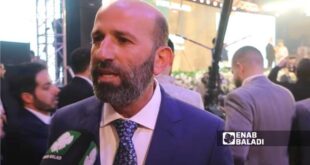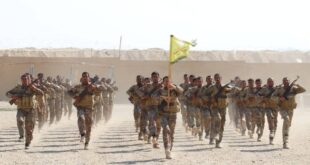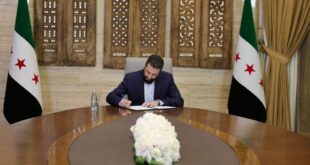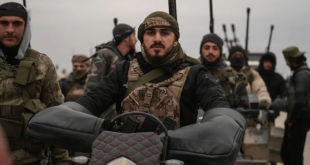 GAZA (Reuters) – About 30 Israeli tanks and armored vehicles pushed as far as 2.5 miles into the Hamas-run Gaza Strip on Tuesday, sparking clashes with Palestinians that killed at least three militants, medics and militants said.
GAZA (Reuters) – About 30 Israeli tanks and armored vehicles pushed as far as 2.5 miles into the Hamas-run Gaza Strip on Tuesday, sparking clashes with Palestinians that killed at least three militants, medics and militants said.
Residents said the raid, a day before Israel and Palestinians are due to hold their first talks since relaunching a U.S.-backed peace push, was the largest in their area since Israel pulled troops and settlers out of the territory in 2005.
An Israeli army spokeswoman played down the significance of the incursion near the southern Gaza Strip town of Rafah, saying about 10 tanks and armored vehicles entered the territory as part of a routine operation against Palestinian militants.
Three Islamic Jihad militants were killed when an Israeli missile struck a house. Four members of the Popular Resistance Committees, a coalition of militant groups, were hurt in a separate strike, medics and militants said.
The Israeli military often attacks militants in the coastal territory to try to stop them firing rockets and mortar bombs into southern Israel and has intensified the raids since last month’s Annapolis peace conference, killing dozens of people.
Earlier on Tuesday, an Israeli air strike killed a militant who was trying to launch rockets from the northern Gaza Strip and another died while handling a bomb in the occupied West Bank, militants, medics and the army said.
The Israeli army said two soldiers were lightly wounded in Tuesday’s violence, a reminder of the violence that has overshadowed past peace efforts.
On Wednesday, Palestinian President Mahmoud Abbas and Israeli President Ehud Olmert are due to hold their first talks since relaunching a long-stalled peace process last month at a conference in Annapolis, Maryland.
“CLOUD” OVER PEACE TALKS?
President George W. Bush wants an agreement on Palestinian statehood by the end of 2008, but big gaps remain on key issues and Hamas’s control of Gaza could complicate talks.
The negotiations suffered their first setback when Israel, defying Washington and other peace process sponsors, said it planned to build new homes on occupied land. The Palestinians reacted by threatening to boycott this week’s meetings.
Israel is required to freeze settlement activity under a 2003 peace “road map” but it argues the new homes are not illegal because they are planned for land it has annexed as part of Jerusalem’s boundaries.
The annexation has not been recognized internationally and Israel’s latest building project has drawn rare U.S. censure. Secretary of State Condoleezza Rice said on Monday she hoped it would not “cloud” peace talks.
The Islamist group Hamas routed Abbas’s secular Fatah faction in Gaza in June, prompting him to sack a Hamas-led government and agree to the talks with Israel.
Hamas on Tuesday denied a report in the pan-Arab al-Sharq al-Awsat newspaper saying exiled Hamas leader Khaled Meshaal had expressed willingness to hand back control of the Gaza Strip to Abbas. The Islamist group has called for dialogue with Fatah but rejects Abbas’s demand that it first give up Gaza.
Separately, the deputy head of Russia’s Foreign Ministry, Alexander Saltanov, was quoted as saying that the Quartet of Middle East mediators would meet in Paris early next week ahead of a donor meeting for Palestinians.
 Eurasia Press & News
Eurasia Press & News



